LENS Narrate
New Perspectives
Empowering Program Brings Young African Leaders to Campus
Winnie Nansumba came to Case Western Reserve in June and left six weeks later, rededicated to educating young people about infectious and chronic diseases in her native Uganda.
She'll also take back potent knowledge from her time on campus as part of the U.S. Department of State's Mandela Washington Fellowship for Young African Leaders.
"Africa is rich in terms of having young people who … are willing to do anything to make change in their different countries," she said.
In all, 1,000 fellows—chosen from more than 64,000 applicants—spent time at one of 38 American colleges or universities participating in the Mandela Washington Fellowship, which is the flagship program of the Young African Leaders Initiative. Case Western Reserve hosted 25 fellows from sub-Saharan Africa, providing academic offerings, leadership training and networking opportunities.
The fellows in Cleveland learned about topics from renewable energy to medical innovations, met with local leaders from a broad range of elds, visited social service agencies and performed community service. They also attended a Cleveland Indians game, visited Niagara Falls—and bonded with one another while exchanging accounts of successes and challenges in their respective countries.
"It's this incredible experience of spending your days interacting with these really amazing professionals—doctors, economists, bankers, social workers—from Africa, who are working to overcome the continent's most pressing issues," said campus program director Dan Lacks, PhD, the C. Benson Branch Professor of Chemical Engineering and chair of the Department of Chemical and Biomolecular Engineering.
We asked 10 fellows to describe their program experiences.
Photographs by Angelo Merendino.
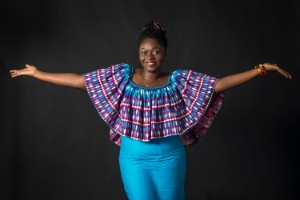
"It really amazed and surprised me how passionate each of us are about what we do. We really believe that we can achieve a goal with that passion. This is really something I'm taking back home."
—Maryse Nkoua, 31, from Republic of the Congo. Physics lecturer at Marien Ngouabi University
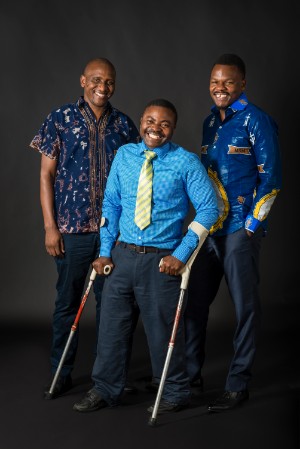
"We are 25 [people] from 14 different countries, and at least we share those same hopes and visions for a developed Africa with less challenges than we currently have."
—Henry-Pacifique Mayala (right), 27, from Democratic Republic of the Congo. Country GIS [geographic information systems] and data officer for the International NGO Safety Organization
"For me, I was really, really impressed with how institutions work in this country-the integrations between different institutions. Typically, in my country, they would be operating in silos, but here you could see very strong back-and-forth linkages. … This is probably one of the things that I’ll explore more as we go back to build our communities."
—Saidi Amiri (left), 35, from Tanzania. Director of corporate affairs at Tanzania Investment Center
"I’ve come to understand that there are certain things believed about certain countries that are not true. When you sit down with a person from that country and hear their perspective, you find that it’s not necessarily portrayed accurately in the media or that it’s a stereotype."
—Mike Chivumo (center), 33, from Zambia. Senior planner in the Ministry of Commerce, Trade and Industry
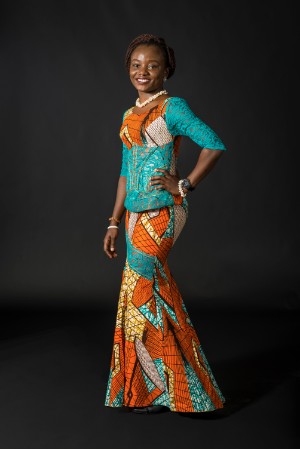
The program "gave me an opportunity to embrace change because it meant leaving my comfort zone and going into something entirely new and experiencing it with excitement."
—Uche Anene-Nzelu, 32, from Nigeria. Resident doctor at Lagos University Teaching Hospital
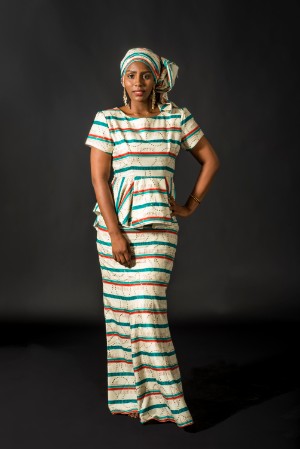
"What I learned is how engaged our youth are coming from African countries. We all have the same goal: to build a better future for our communities. But this aim can't be achieved without collaboration and partnerships."
—Mariatou Ba, 32, from Senegal. Program analyst for the Emergency Program for Community Development in the United Nations Development Program
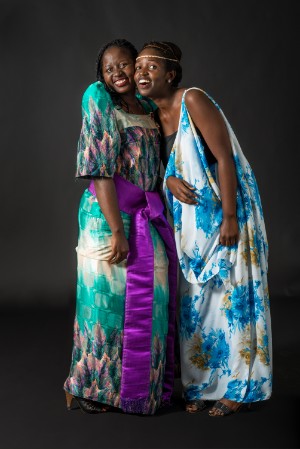
"We have a responsibility to document our own stories as Africans and let the world know that Africa has got a lot apart from diseases and poverty. Africans have a responsibility to document the other side of the continent, like the gold, diamond, gas, oil, coffee, cultural art, waterfalls, fertile soils, green pastures, game reserves and hospitality, to mention but a few."
—Winnie Nansumba (left), 25, from Uganda. Project assistant at Mildmay Uganda, and team leader and counselor for The Innocent League Uganda
"To have a network of such influential young African leaders and also the network of people I met here in the USA—I believe it’s a lifetime opportunity. It is something I will cherish for the rest of my life because I’m pretty sure it’s not going to end here."
—Josiane Isingizwe (right), 27, from Rwanda. Civil engineer and estates manager for the Rwanda Standards Board
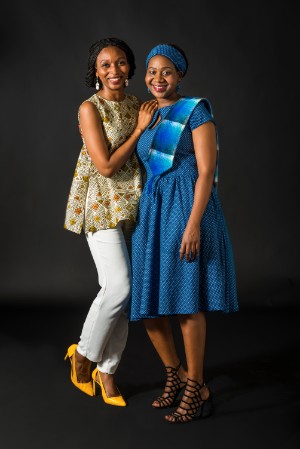
"My motivation to be a part of [Young African Leaders Initiative] was to broaden my network of active young Africans who are bringing significant change to their communities. I wanted to meet those young leaders, understand what they do in their countries and interact with them to grow our impact on development."
—Hassia Hamidou (left), 29, from Niger. Sub-Saharan Africa marketing head for a private vaccine company
"Coming here was not just about this moment of being in America. It was about coming here to gain more so that I can take it back home and to see how it can be applicable in our own context."
—Leungo Sebangane (right), 31, from Botswana. Social worker at Nyangabgwe Hospital





